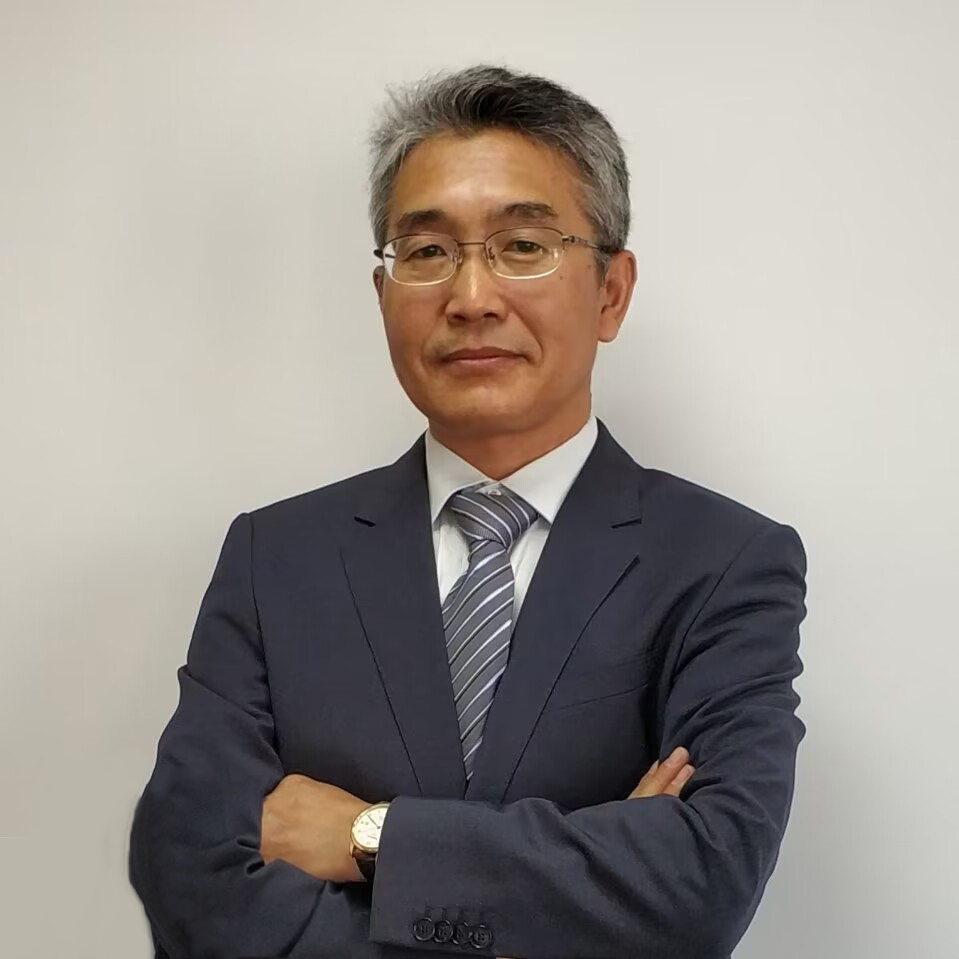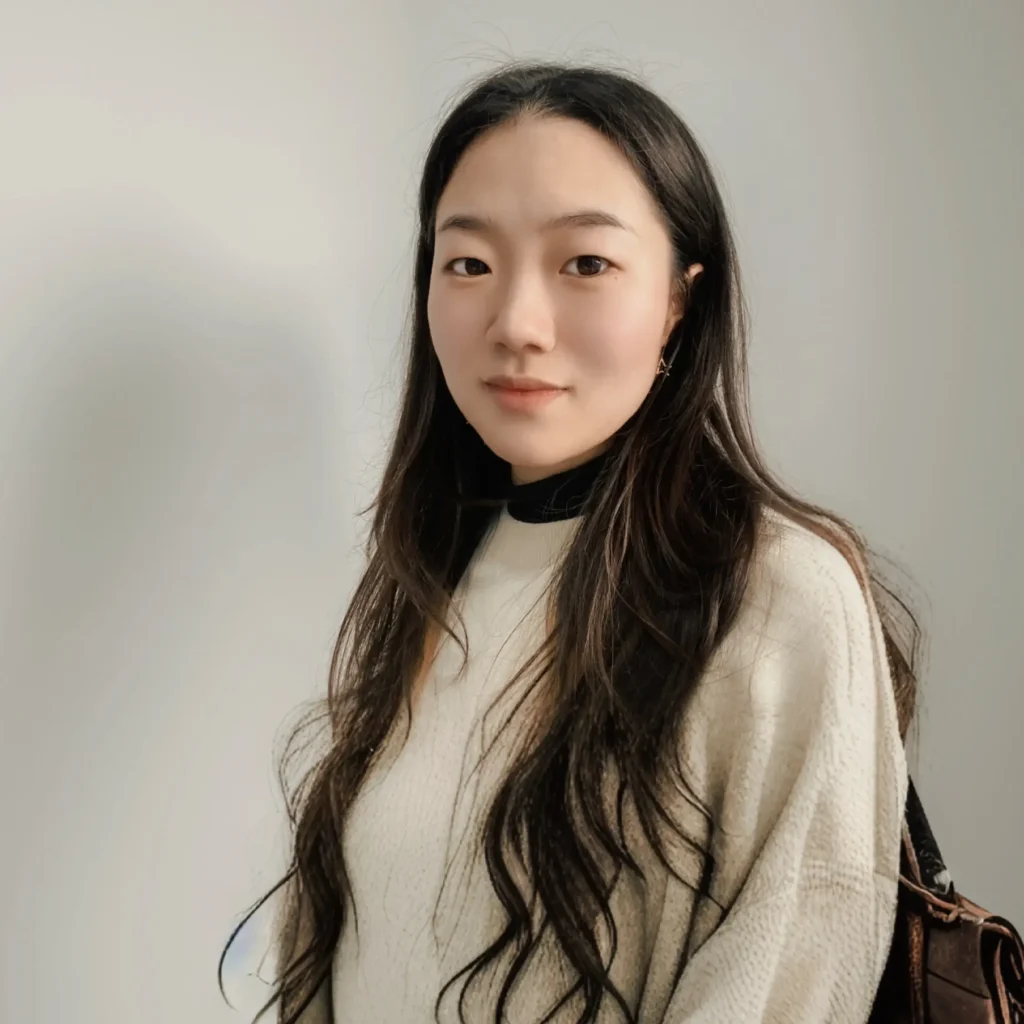Chinese Patent Law: Big changes in the details!
After the amendment of the Chinese Patent Law in 2020, the supporting implementation rules of the Chinese Patent Law were revised in 2023 and have now been implemented.
This article summarizes and summarizes the five key points of the revision of the Detailed Rules.
1. Refining the Principle of Good Faith in Chinese Patent Law
Article 20 of the revised Chinese Patent Law introduces the principle of good faith and trustworthiness.
The application for patents and the exercise of patent rights shall follow the principle of good faith and shall not abuse patent rights to harm public interests or the legitimate rights and interests of others.
On this basis, the Detailed Rules specifically require that all types of patent applications submitted by patent applicants should be based on real invention and creation activities. The patentee shall not make an open license statement or obtain a reduction in annual patent fees during the implementation period of the open license by providing false materials, concealing facts, or other means.
The detailed rules also stipulate that the administrative responsibility for the above-mentioned illegal acts may be subject to warnings or fines.
Interpretation: This article is a refinement of the principle of good faith as stipulated in Article 20 (1) of the Chinese Patent Law amended in 2020. On this basis, the new rules have also made synchronous adjustments to the provisions for the initial review, actual review, and invalidation stages. Combined with the measures taken by the China Intellectual Property Administration in recent years to combat abnormal applications, it can be considered that this adjustment provides a legal basis for “cracking down on abnormal applications”.
2. Amendments to Chinese Patent Law on Delayed Examination Requests
In 2023, the China National Intellectual Property Administration of China issued the Guidelines for Delayed Examination of Invention Patent Applications, introducing the delayed examination system of invention patent applications.
The Detailed Rules have confirmed this practice in legislation, making it clear for the first time that “applicants may request a delay in examination of patent applications”. Delayed examination has many benefits for applicants, please refer to the article: “Chinese Patent Application: From Slow to Swift“
Interpretation: The examination guidelines revised in 2019 added the situation of “delayed examination” for the first time. On August 30, 2023, the China National Intellectual Property Administration issued the Guidelines for Handling Delayed Examination of Patent Applications for Inventions, which provided further guidance on the handling method of delayed examination. However, there has never been any provision for delayed examination in the Chinese Patent Law. This revision of the detailed rules confirms for the first time the delayed review system in legislation, ensuring the legal basis for relevant regulations such as the guidelines.
3. Amendments to Chinese Patent Law on the Priority System
In the past, Chinese Patent Law stipulated that invention, utility model, and design patent applications filed outside of China enjoyed foreign priority, while invention and utility model patent applications filed in China enjoyed domestic priority.
However, design applications submitted in China do not enjoy domestic priority. The revised Chinese Patent Law extends domestic priority to design patent applications filed in China. In this context, the Detailed Rules have improved the supporting rules of the priority system.
Interpretation: In 2020, the Chinese Patent Law added the domestic priority of design patents, and the revised detailed rules improved the supporting rules for domestic priority of design patents. In addition, it added an exception where a prior application for a design based on an invention or utility model is considered withdrawn. This is mainly due to the fact that a design application will not result in the invention or utility model not meeting the provisions of Article 9 of the Chinese Patent Law regarding the same invention and creation, and it also meets the objective needs of the public.
4. Amendments to Chinese Patent Law on International Applications for Designs
In 2022, China joined the Hague Agreement on International Registration of Industrial Designs (1999 text).
During the fourth amendment of the Chinese Patent Law, some adaptive provisions were already made in advance. If the protection of the appearance design is extended to the local appearance, the protection period of the appearance design will be extended from 10 years to 15 years. In order to meet the needs of the Hague Agreement at the operational level, the Regulations provide supporting provisions for the connection between international applications for design and domestic procedures.
According to the Hague Agreement, an international registration date has been determined and an international application for design in China has been designated. It shall be deemed as a design patent application filed with CNIPA, and the international registration date shall be deemed as the application date of the Chinese application. After the International Bureau announces the international application for design, CNIPA reviews the international application for design. If no reasons for rejection are found after CNIPA review, an authorization decision shall be made. Regardless of authorization, CNIPA will notify the International Bureau of the review decision.
In addition, the Detailed Rules have made specific requirements in terms of priority requirements, novelty grace period, divisional application, brief description of design points, and procedures for rights change.
Interpretation: These clauses are newly added supporting and adaptive systems for China’s accession to the Hague Agreement on the International Registration of Industrial Design, in order to meet the operational needs of the Hague Agreement and also to meet the needs of linking international applications for design with domestic procedures. Previously, only national academic or technical conferences were stipulated in the situation of not losing novelty. This revision has added academic or technical conferences convened by international organizations, in line with the trend of social development and technological exchange.
5. Amendments to Chinese Patent Law on the Open Licensing System
The revised Chinese Patent Law has introduced a patent open licensing system, encouraging patent holders to proactively disclose licensing conditions and facilitating implementers to obtain patent licenses. The Chinese Patent Law outlines the institutional framework for open licensing, and the Detailed Rules supplement more specific operational rules.
Interpretation: In 2020, the Chinese Patent Law established an open license system, which stipulated that patents with open licenses can receive annual fee reductions. In order to prevent the right holder from making false open license statements to obtain reductions, the revised rules specifically added Article 88, and those who violate this provision can also be fined. In order to avoid subsequent disputes, patents with rights burdens shall not be granted open licenses; For patent implementation licenses obtained through open licensing, the licensing documents should be filed.
Bulu’s patent agents and patent litigation agents have a profound understanding and practical experience in the law. We keep abreast of changes in the law and make quick and accurate changes when providing advice to clients. We are not only patent agents, but also your trusted legal advisors. In addition to providing patent agency services to our clients, we are also committed to providing comprehensive legal support. Whether in the early stages of patent applications or in the face of patent litigation, we are able to provide professional advice and assistance to clients to ensure that their interests are maximally protected.

Mingyue Zhang
Partner / Patent attorney / Patent litigation attorney / China intellectual property rights protection assistance expert

Lucy ZH
Partner / Patent attorney / Patent litigation attorney

Shanghai Bulu Intellectual Property Agency LLP
Tel:+86 (0)21 5833 8320
Mail:tisc@joinhua.com
Add:No.199 JinXiang Rd. Pudong, Shanghai, China
© 2026 Shanghai bulu Intellectual Property Firm. Created with ❤ using WordPress and Kubio

